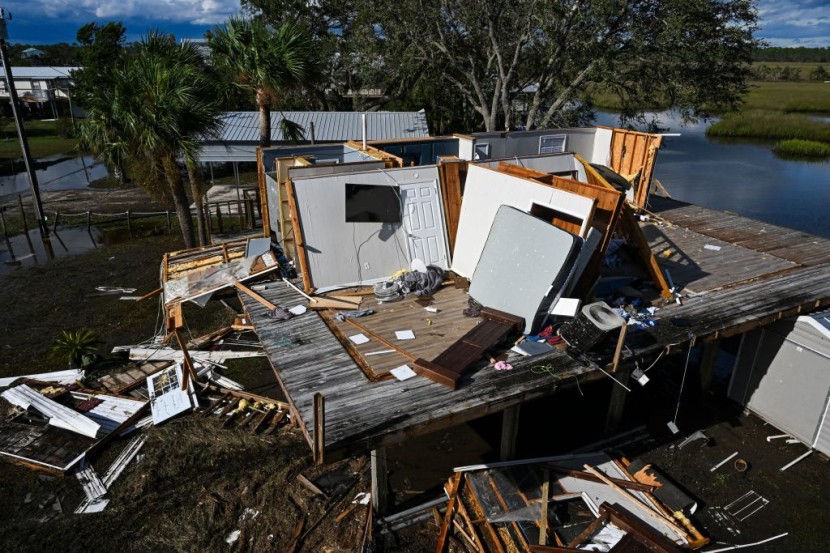Many big insurers have stopped providing crucial protection to homes in high-risk locations in the wake of recent natural catastrophes.
Allstate, American Family, Nationwide, Erie Insurance Group, and Berkshire Hathaway are just a few examples of the major US property insurers that have informed regulators that climate change is causing them to stop writing coverages in certain areas. Reportedly, these companies also exclude protections from certain weather events and increase monthly premiums and deductibles.
Changes in Insurance Policies

In a report by The Washington Post, major insurers have stated that they will exclude damage caused by hurricanes, wind, and hail from policies underwriting assets along coastlines and in a wildfire country. This is according to a public poll by the National Association of Insurance Commissioners, a group of state officials regulating insurance rates and policy forms.
Insurance companies are also more likely to cancel insurance in areas more at risk from natural catastrophes. Most homeowners insurance policies only last for a year; therefore, insurance companies are under no obligation to continue providing service beyond that.
That implies those who live in areas formerly thought to be secure from natural disasters may lose insurance coverage just as their exposure to natural disasters increases or move to other areas as global temperatures rise.
The corporations disclosed the changes in policy as part of their survey submissions to the regulatory body. Fifteen states conducted the poll in 2022 and got replies, some as recently as last month, from insurance providers representing 80% of the US market.
Allstate has announced that it would impose tropical cyclone and wind or hail deductibles or exclusions in locations particularly vulnerable to storms to reduce its exposure to climate risk.
Nationwide insurance provider has already begun to scale down. The corporation claimed in 2020 that it had decreased exposure in some of California's most dangerous wildland-urban interface zones. Nationwide responded to the authorities' study by saying it would no longer provide insurance to homes within a specific distance of the coast due to the risk of hurricanes.
Because of the rise in climate-related catastrophes, Berkshire Hathaway, which also provides reinsurance (insurance for insurers), said that it is likely that policy terms and conditions may be modified or amended to reflect changes in such risk.
Recent Catastrophes in the US
The unexpected tragedies experienced by US homes in recent weeks have highlighted the significant difficulties confronting insurance markets.
Hurricane Idalia caused catastrophic floods in Georgia and the Carolinas and ravaged areas of Florida that had never before been affected by a tropical storm.
Reportedly, tropical storm Hilary cost the West Coast $600 million in damages.
Damage from the fires on the island of Maui in Hawaii was estimated at $3.2 billion. The cause of the flames is currently under investigation.








